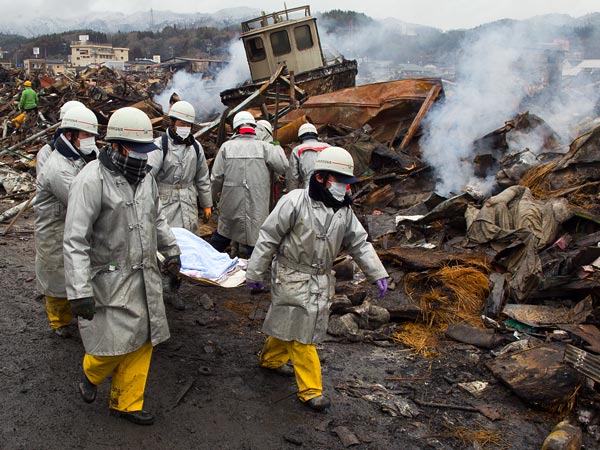Gender inequality evident in natural disasters, say world leaders
By Ed Arthur
U.N. officials say that natural disasters disproportionately affect women, who are 14 times more likely than men to die in the event of such, pushing for gender equality to rectify the unbalance.
In a recent interview with the French news agency AFP, Helen Clark, the United Nations Development Programme Administrator, cited a number of reasons why women are more vulnerable to natural disasters: “They may be trapped at home, they may be caring for sick or disabled family members, young children,” she said.
Clark believes that unfair gender expectations result in more female casualities during natural disasters: “In some societies where disasters hit, the culture may be that the woman doesn’t leave the home,” she stated, adding, “So if she can’t leave the home how can she escape?” Clark’s comments were made in light of the cyclone disaster that killed dozens of people in Vanuatu on Friday. The African continent is prone to such disasters, so the comments hit home there as well.
In reference to the recent Ebola epidemic in West Africa, Remi Sogunro, a United Nations Population Fund representative, stated, “Women are caregivers at home, and when their…families are sick, they take care of them.”
Women accounted for the majority of the estimated 300 health workers who died during the Ebola outbreak: “Most of them are nurses, some are midwives, a few of them are senior medical doctors. Many of these were women,” said Sogunro. “The women were trying to help the country to stop the Ebola virus and they died in the course of duty. So you can see why it’s really very important to talk about women in the Ebola forefront,” he added.
Japanese Prime Minister Shinzo Abe encouraged women to take measures to better prepare themselves in case of natural disasters: “In all regions of Japan, it was predominantly men who participated in disaster risk-reduction drills,” he said during a U.N. conference in Sendai, Japan. “However, if a massive earthquake were to strike during the day, most of the people at home would be women,” he added.
As the Sendai conference prepares to conclude on Wednesday, U.N. officials in attendance are making a final push to promote the well-being of women in the event of natural disasters.



